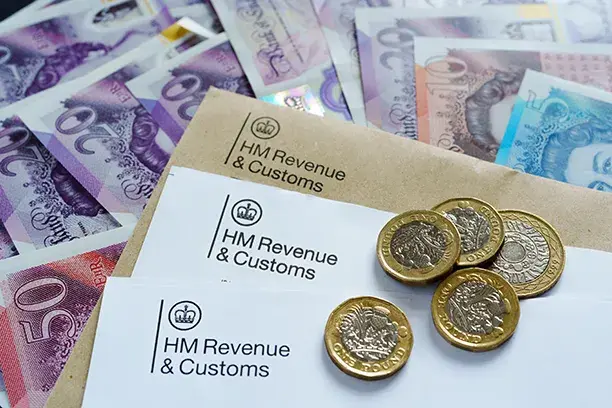When you create a financial strategy, you’ll often have medium- to long-term goals in mind.
But that doesn’t mean it should be set in stone. After all, your situation and circumstances could vary considerably over time. Perhaps you’ll land a new job that significantly increases your income, move to a bigger and more valuable property or have a child.
At the same time, factors beyond your control could have a big impact on your finances and your investments, such as rising interest rates and inflation.
With that in mind, it’s well worth carrying out a financial review periodically, so you can identify where your money is working hard for you and where it’s underperforming. We also want to make sure that the investments you already have continue to be suitable for you.
Maximise opportunity and minimise risk
A financial review lets you make informed, proactive decisions about your financial strategy, so you can stay on course to achieve your lifestyle and financial goals.
For example, the level of risk you’re exposed to may have changed a great deal since you originally drew up your financial plan, in which case it’s important to take steps to protect your assets and mitigate risks where possible.
Similarly, new opportunities to grow your wealth may have emerged over time, so it’s important to not only identify them, but also to optimise your investments accordingly.
At the same time, you need to know if you’re on track to reach the targets you originally set.
A financial review gives you a chance to monitor and review your wider goals, track and assess your progress, and determine whether they’re realistic or not. Furthermore, it’s an opportunity to establish if the goals you set in the past remain priorities to you today.
If you decide they aren’t, then it’s crucial to revise your financial plan, so your money is working towards those areas that matter to you most.
What has to be reviewed?
- Household budget. As part of a financial review, it’s essential to look at how much money you have coming in and how you’re spending it. Are there costs you could trim here or there, or resources that could be used more effectively?
- Debts. It’s vital that you get to grips with any outstanding debts you may have, such as mortgages and credit cards. You can then devise a strategy to prioritise and repay debts to put yourself in a stronger financial position.
- Investments and savings. You should take a holistic look at everything from investments in stocks, shares and bonds to how much money you have in your pension and savings accounts. This can help you determine whether you’re maximising opportunities and managing risk effectively.
- Estate planning and inheritance. Have you drawn up a will or made provision for a time when you may lack the capacity to make decisions for yourself? A financial review can help you identify the steps you need to take to make sure your assets are protected and distributed as you would wish further down the line.
- Insurance and protection. Do you have cover policies in place that could help you avoid huge costs in the event of personal disaster, such as income protection, life insurance and home insurance? If so, are they the best policies that fully reflect your current needs?
A financial review puts you firmly in the driving seat, so you’re empowered to make the right decisions at the right time, to stay on course to achieve your goals.
But it can be so wide-ranging that the idea of it can be overwhelming. That’s why we’re here to provide guidance and support, so you can get on the front foot and make the right decisions.
If you have any questions about taking a fresh look at your finances and overall strategy, please don’t hesitate to get in touch.
Will Writing and Inheritance Tax Planning are not regulated by the Financial Conduct Authority.










